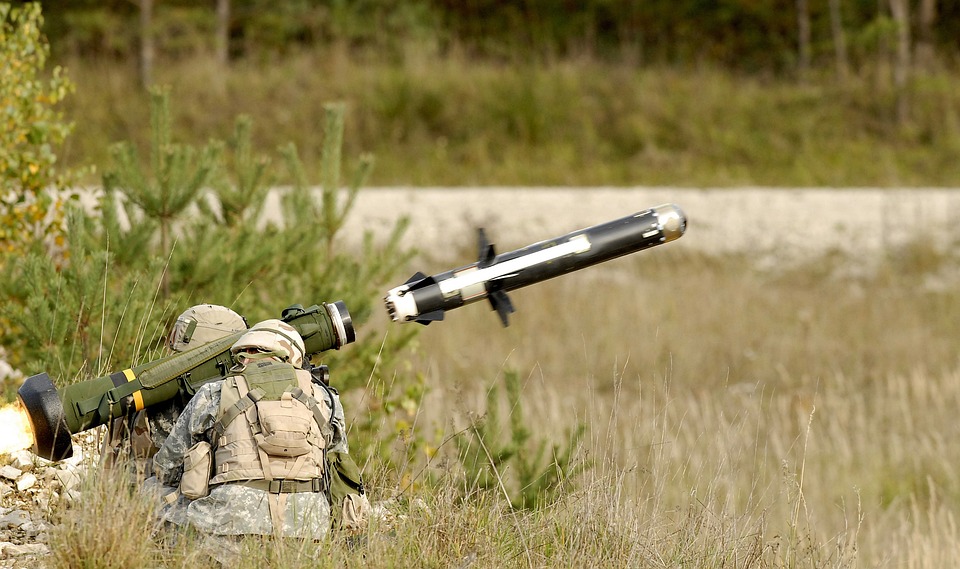Hydration for Health Conditions
The Ultimate Guide to Staying Hydrated: Why Proper Hydration Is Vital for Your Health
The Ultimate Guide to Staying Hydrated: Why Proper Hydration Is Vital for Your Health
Introduction
Water is essential for the proper functioning of our bodies. It helps regulate body temperature, aids digestion, flushes out toxins, and keeps our joints lubricated. Yet, many people don’t prioritize staying hydrated in their daily lives, leading to various health issues.
In this ultimate guide, we will explore the importance of proper hydration and provide practical tips to ensure you get enough fluids throughout the day.
The Importance of Staying Hydrated
Hydration is vital for overall health and well-being. Here are some of the key reasons why staying hydrated is essential:
1. Regulates Body Temperature
Water serves as a coolant for our bodies. It regulates body temperature by releasing heat through sweating. When we are dehydrated, our bodies struggle to cool down, leading to an increased risk of heat-related illnesses.
2. Supports Digestion
Proper hydration is essential for maintaining healthy digestion. Water helps break down food, enabling the body to absorb nutrients efficiently. It also prevents constipation by softening stools and supporting regular bowel movements.
3. Flushes Out Toxins
Drinking an adequate amount of water helps our kidneys eliminate waste products from the bloodstream. It promotes the production of urine, aiding the removal of toxins and preventing kidney problems.
4. Lubricates Joints
Water is a major component of synovial fluid, which lubricates our joints and reduces friction. Staying hydrated promotes joint health and prevents conditions like arthritis and joint pain.
5. Supports Cognitive Function
Research has shown that even mild dehydration can negatively affect cognitive function, including memory, attention, and decision-making abilities. Staying hydrated keeps the brain functioning optimally.
Tips for Staying Hydrated
To ensure proper hydration, follow these practical tips:
1. Drink Enough Water
The most obvious way to stay hydrated is to drink enough water throughout the day. The National Academies of Sciences, Engineering, and Medicine recommend an average daily intake of about 3.7 liters (125 ounces) for men and 2.7 liters (91 ounces) for women.
2. Eat Hydrating Foods
Include water-rich foods like fruits and vegetables in your diet. Foods such as watermelon, cucumbers, strawberries, and oranges have high water content and can contribute to your daily hydration needs.
3. Limit Caffeine and Alcohol
Caffeinated and alcoholic beverages can contribute to dehydration. While moderate consumption is generally fine, excessive intake can have diuretic effects, increasing fluid loss from the body. Balance these drinks with enough water.
4. Set Reminders
In our busy lives, it’s easy to forget to drink enough water. Set reminders on your phone or use apps that help track your water intake. This way, you’ll be more mindful of staying hydrated throughout the day.
5. Carry a Water Bottle
Having a water bottle with you at all times makes it convenient to stay hydrated. Find a bottle that you like and carry it with you wherever you go. This serves as a visual reminder to drink water regularly.
FAQs
Q: How much water should I drink per day?
A: The recommended daily water intake varies depending on factors such as age, sex, activity level, and climate. However, a general guideline is to drink about eight 8-ounce glasses of water per day (around 2 liters).
Q: Can I rely on thirst to indicate if I’m properly hydrated?
A: Thirst is a late indicator of dehydration. It’s important to drink water regularly throughout the day, even if you don’t feel thirsty. By the time you feel thirsty, your body may already be dehydrated.
Q: Are sugary drinks a good source of hydration?
A: Sugary drinks like soda and sports drinks may provide some hydration, but they often contain high levels of added sugars and are not as beneficial as plain water. It’s best to prioritize water consumption for proper hydration.
Q: Does staying hydrated help with weight loss?
A: Drinking water can promote weight loss as it can increase feelings of fullness, reduce calorie intake, and boost metabolic rate temporarily. However, solely relying on increased water intake for weight loss is not sufficient; a balanced diet and exercise are also crucial.
Q: Can drinking too much water be harmful?
A: While it is rare, excessive water intake can lead to a condition called hyponatremia, where the body’s sodium levels become too diluted. This can have serious health consequences. It’s important to drink water in moderation and not overhydrate.
Conclusion
Proper hydration is crucial for maintaining good health and well-being. By understanding the importance of staying hydrated and following the tips provided in this ultimate guide, you can ensure that you meet your daily hydration needs and keep your body functioning optimally. Stay aware of your fluid intake and make staying hydrated a priority in your daily routine.

